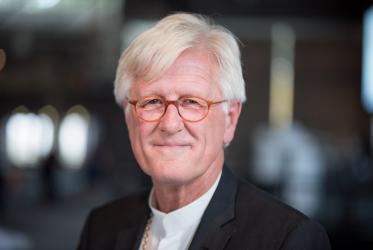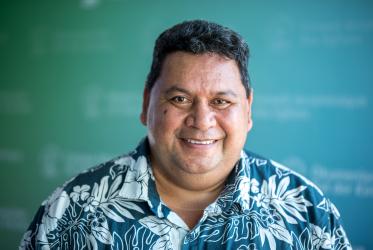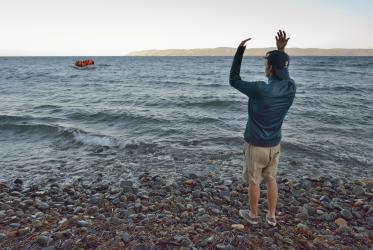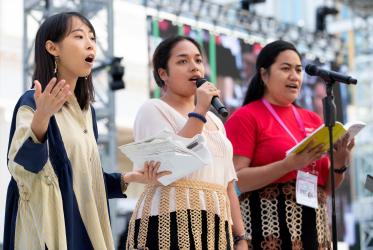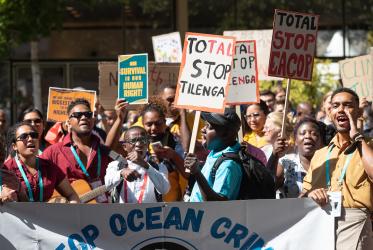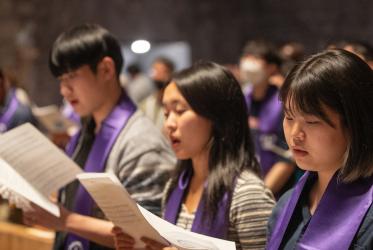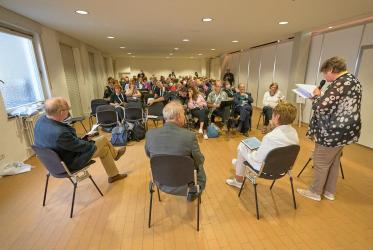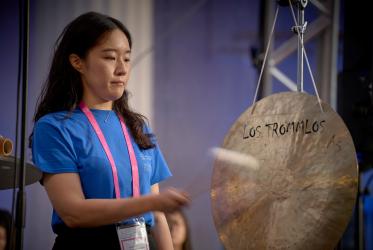Displaying 81 - 100 of 251
09 September 2022
Dear future steward
08 September 2022
Water as a divine gift, and justice issue
08 September 2022
Ukraine: Responding to humanitarian need
08 September 2022
Harmonies of unity: Wednesday morning prayers
07 September 2022
The earth is the LORD's… and the Lord is claiming it back
07 September 2022
Promoción de la dignidad humana a través del arte
07 September 2022
Una defensa multiconfesional del clima: no queda mucho tiempo
07 September 2022
Codo con codo oran por la unificación pacífica de la Península de Corea
07 September 2022
An evening of welcome and a historic pilgrimage along the Rhine
06 September 2022
Children of God unite in Tuesday morning prayers
06 September 2022
Promoting human dignity through art
06 September 2022
Uppsala 1968: The times, they were a’changing
06 September 2022
